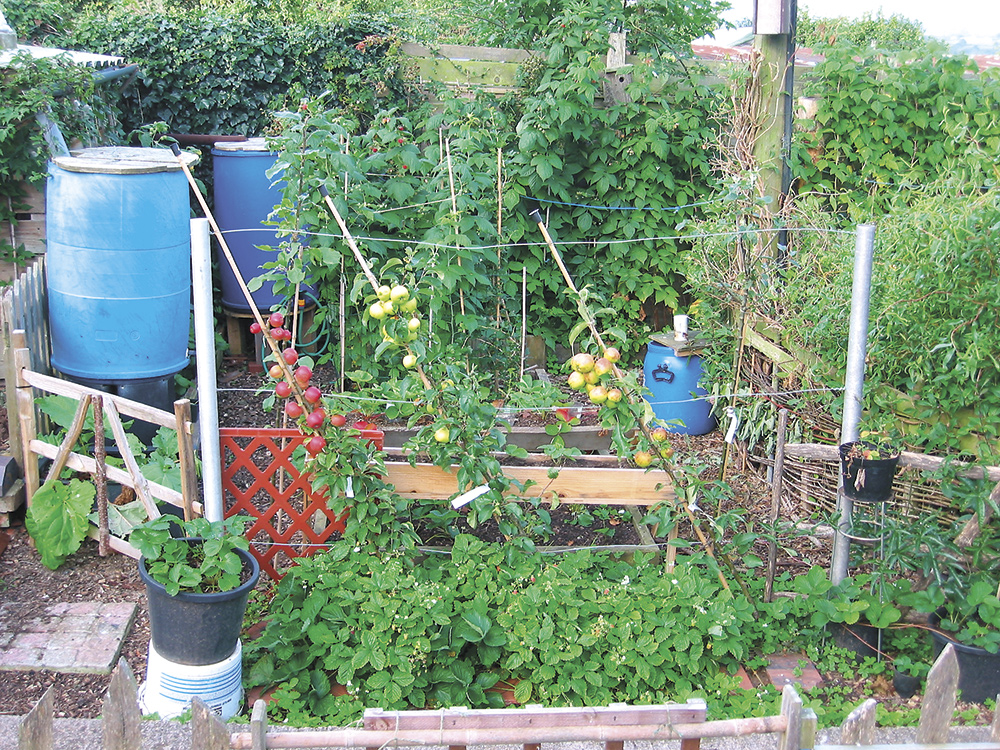Permaculture
Now-a-days, people are very much concerned about their living environments like paying high even for the water-front apartments. An innovative framework for creating sustainable ways of living is “Permaculture”.
Permaculture is the ethical framework of understanding how nature works and a design approach. It is a philosophy of working with nature; rather than against nature. It is a combination of permanent and agriculture. This is also called permanent culture. Culture goes along with nature so the fertility of soil is maintained. Permaculture was originally developed by Bill Mollison and David Holngren in Australia in 1970. It ensures sustainable agriculture development.
Permaculture involved 3 ethics
1) Care for earth-protect and rebuild nature’s capital
2) Care for people-care for yourself and others
3) Return surplus-live simply and ensure resources are fairly shared with others
Permaculture is a set of design principles, centred on whole system thinking, stimulating or directly utilising the patterns and resilient features observed in natural ecosystems. It confines diverse but interrelated fields including gardening/ horticulture, natural building, ecology and much more.
Principles of Permaculture:
There are some principles which are commonly used in relation to the growing system but can also be used to guide as in all parts of our life.
- Observe and interact: By observing the nature of the plant suitable steps can be followed.
- Catch and store energy: Make use of renewable energy to satisfy our needs for food, for example- solar energy used in kitchen gardens.
- Obtain a yield: Using 3 core ethics of permaculture we can work in with nature to satisfy our needs.
- Apply self regulation and feedback: realising our mistake, reusing energy, recycling our waste and regulating our work.
- Use and value renewables: Rather than relying on finite and polluting fossil fuels, we should make full use of renewable sources of energy.
- Produce no waste: Producing zero wastage.
- Design from pattern to detail: Plan and execute from pattern to details.
- Integrate don’t segregate: Try to put all the resources into culture to get best out of it.
- Use a small solution: Bring with small and end up with large.
- Use and value diversity: Decorate your home garden with more diversity.
- Use edge and value the marginal: Neglected corners can be used for food production.
- Creative use and respond to change: Changes that we adopt should be productive and successful.
Permaculture is not just a set of gardening techniques, but a way of knowing, a path towards personal and planetary regeneration. Permaculture will play a big role in the future of this planet if we manage to pass through the current crisis.
Compiled by:
Sai mathumitha. A and Sneha. U,
III B.Sc (Hons.) Agriculture,
Kumaraguru Institute of Agriculture, Erode.
Email: [email protected] & [email protected].
Reference:
Pictures:





